
Editor
Documentary about three inhabitants of Grzybowska street in Warsaw. Their statements, photographs and film footage reveal the characters' relationship to their place of residence, describing the "here and now" of the Poles.

Editor
The street poll proves that the memory of Nowa Huta has faded in the Poles' consciousness. The documentary filmmaker and his team decided to seek out the heroes of those events from 1949-1954, from the beginning of the works to the smelting of the first pig iron from the first furnace.

Director
Portait of a couple in the city of the title who have been married for fifty years.

Editor
A film showing the social mood and tensions in the period between the end of the strikes in August 1980 and the registration of the Solidarity Trade Union in November 1980.

Editor
Documentary about the lives of three generations of residents of Warsaw’s Wola district.

Editor
Kieslowski’s later film Dworzec (Station, 1980) portrays the atmosphere at Central Station in Warsaw after the rush hour.
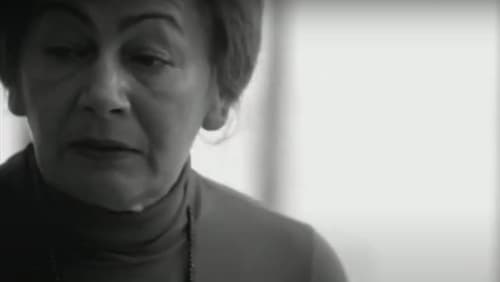
Editor
Each day of the week is represented by a ballerina beginning with a young child and ending with an older ballet teacher.
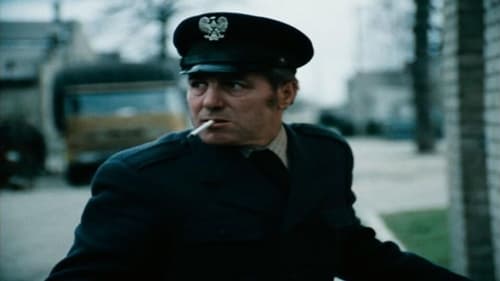
Editor
At the time of the Polish social regime, a security officer is promoted to work at a prison yard. Introducing concurrently with the narrator; he speaks of himself, his thoughts, his point of view.
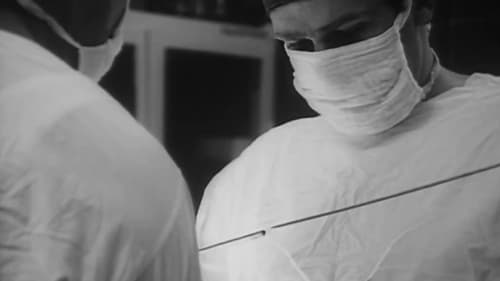
Editor
24 hours in the life of a hospital from the point of view of the doctors and nurses.

Editor
Romek, an idealistc 19-year-old boy, takes a job as a tailor in the costume department of a Warsaw theater company where his new colleague, Sowa, is pressured to make a costume for an overbearing soloist.

Editor
A communist party control committee interrogates a worker and party activist who is to be excluded from the party.
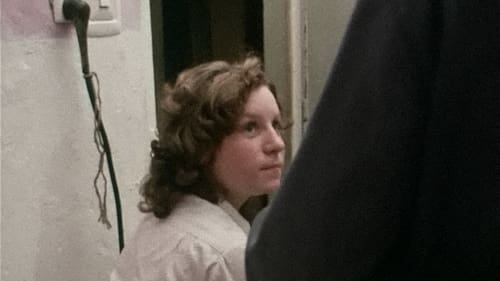
Editor
After the doctor's refusal to perform abortion on a 17-year old girl, she and her boyfriend have to cope with the new situation. They both need to learn to take responsibility for their decisions, in spite of numerous hardships facing them.

Editor
A "Polityka" weekly journalist Marta Wesolowska and photo-reporter Erazm Ciolek visit Urszula Flis, who runs a country farm. A young woman living on her own, Flis is an untypical villager in that she is interested in culture, corresponds with writers, etc.

Editor
Patients with serious lung diseases, who are now in a sanatorium, tell us about their thoughts and feelings.

Editor
A story of one of the builders (Szczepan Brzezisnki) of Nowa Huta. He talks about the beginning of the city and combine. The past makes him proud. Nowa Huta still fascinates him. His son’s opinion is totally different. The Old Town in Cracow fascinates him.

Editor
A purge in the style of those of March 1968 is to take place at a party meeting. Instead, it turns into a psychodrama.

Editor
Krzysztof Kieslowski's protagonist is Joseph Malesa, a former party activist, labor leader and mason. The document talks about his career and life through ups and downs

Editor
A commissioned film about the Lubin copper mine.

Editor
Commissioned film about the conditions of safety and hygiene in the Lubin copper mine.

Editor
A somewhat ironic depiction of life in a small Polish town at the beginning of the 1970s. The local brass band plays in the streets. Girls stroll, younger boys play soccer. Someone is looking at someone with interest, someone is courting someone, someone is parting ways. A poet associated with a local art group writes poems about everyday life.
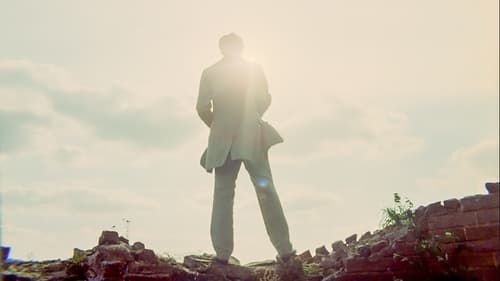
Editor
A pastor studying folklore in remote parts of 19th century Lithuania is invited to stay with a young nobleman. His mother is sequestered and mad. It seems she has been attacked by a bear as a young wife and local peasants whisper the young man may be the son of a bear. A doctor, who treats the mother with old-fashioned remedies, reveals this to the pastor. Young nobleman's wife is found with a bite and the man has disappeared into the woods.

Editor
This documentary explores the changing faces of the old Polish city of Lodz, and how its modernization, both physically and culturally, affects the older, more conservative residents, many of whom lived through World War II and are confused and somewhat resentful at the changes they're seeing.

Editor
The title character is a professor looking to replace humans with cyborgs. His supremely creepy assistant Traumer, strikingly played by Majewski regular Andrzej Rausz, is one such creation. Professor H. intends to transpose Traumer’s brain with that of a renowned scientist, but is in for a surprise. A dark film in every sense, DOCENT H. is particularly noteworthy for its soundtrack, consisting of eerie whirs and beeps interspaced with snatches of Bach’s immortal “Toccata and Fugue in D Minor.” (from: http://www.fright.com/edge/JanuszMajewski.htm)

Editor
A documentary portrait of Franciszek Wrobel - a twenty-year-old boy leaving his village in order to join one of the Silesian labour corps. It’s the first attempt in the history of Polish documentary cinema to create a deep, psychological image of one protagonist.

Editor
After finishing her training a young woman returns to the village of her birth to teach but encounters resistance from the children's farmer parents.

Writer
After finishing her training a young woman returns to the village of her birth to teach but encounters resistance from the children's farmer parents.

Editor
A documentary about Twarda Street in Warsaw. People living there lead a modest life, away from the hustle and bustle of the city. Residents of Twarda Street still rely on crafts, services and some trade. Observational shots and narration by young inhabitants of the street create the mood of the place.

Writer
A documentary about Twarda Street in Warsaw. People living there lead a modest life, away from the hustle and bustle of the city. Residents of Twarda Street still rely on crafts, services and some trade. Observational shots and narration by young inhabitants of the street create the mood of the place.

Editor
Pigeon breeders (men mostly) are a special kind of enthusiasts. Their hobby includes an element of competition – a long-distance race of carrier pigeons.

Editor
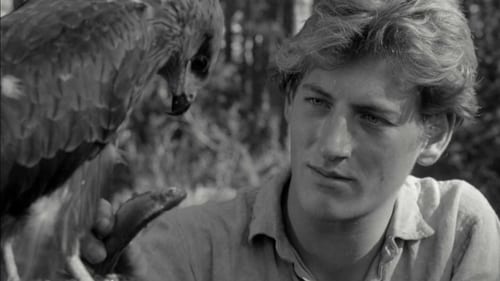
Editor
The movie depicts the story of a young Mazurian boy named Mietek, who crosses the line between childhood and adulthood . He stands in close contact with nature; he decoys birds and feeds them, he catches fish. But above all he is attracted to the work of the woodcutters. He watches them as they fell the trees and he helps them load the timber onto rafts that float down the river and through the sluice-gates. Finally, he joins the raftsmen and when he receives his first salary and gives a girl his first bashful look, the time has come for him to say goodbye to his childhood.

Editor
This documentary wants people to stop armament. Instead of that, we should focus on humanitarian aid, education and healthcare. There is no commentary in the film, some images of the modern world spread the message. On the one hand, it is industry; on the other hand – famine.

Director
This documentary wants people to stop armament. Instead of that, we should focus on humanitarian aid, education and healthcare. There is no commentary in the film, some images of the modern world spread the message. On the one hand, it is industry; on the other hand – famine.

Editor
Documentary short subject based on the photo souvenirs of a German officer who traveled to different fronts during World War II.

Sound Editor
Impressionistic study of the fate of a stray dog, trying to avoid the results of human indifference and cruelty.

Editor
A portrait of a traveling circus.

Editor
An orchestra of working-class musicians rehearses in this short film, honored at the 1960 Venice Film Festival and among the favorite films of director Krzysztof Kieslowski who mentored under this documentary's director.

Editor
Children, absorbed in drawing and painting, share their thoughts and preferences with the filmmaker. Not restricted by any convention, they experience their adventure with art.





























